“Can I pay my home insurance and property taxes on my own and not through escrow?”
Maybe. First, let’s define the term “escrow.” In the context of mortgage accounts, “escrow” means something different than when you purchased your home. (That kind of escrow is where a neutral third party holds funds, such as earnest money, or documents prior to closing the sale.)
With a mortgage escrow account, you have to pay the loan servicer a certain amount each month to cover property taxes, homeowners insurance, and (sometimes) private mortgage insurance. These are collectively called “escrow items.” The servicer then pays for those items on your behalf as the bills come due. This ensures that your taxes and insurance premiums are paid on time and in full.
How a Mortgage Escrow Account Works
The servicer collects escrow funds as part of your monthly mortgage payment, along with the principal and interest. Approximately one-twelfth of the estimated annual cost of taxes and insurance is paid into the account each month out of your monthly mortgage payment.
Your Loan May Require an Escrow Account
Many lending institutions require escrow accounts for certain types of loans.
- Federal Housing Administration (FHA) Loans
If you have a FHA loan, you must have an escrow account. The Federal Housing Administration (FHA), requires that lenders making FHA-insured loans establish escrow accounts for those loans. - Veterans Administration (VA) Loans
The Veterans Administration (VA) does not require lenders to maintain escrow accounts on VA-guaranteed home mortgages. However, the VA does require that lenders ensure that the property is covered by sufficient hazard insurance at all times and that property taxes are paid. So, most lenders use escrow accounts to comply with this requirement. - High Cost Home Loans
Additionally, some lenders must collect monthly escrow payments from you for at least the first five years you have the mortgage if you have a “higher-priced” mortgage loan. (“Higher-priced” mortgage loans are loans that have a rate based on interest, points, and other loan terms that is higher than levels established by the Consumer Financial Protection Bureau.) - Conventional Loans
With conventional mortgage loans, the lender decides whether or not to require an escrow account. Most conventional loan contracts, including the Fannie Mae and Freddie Mac uniform mortgage and deed of trust forms, contain an escrow clause. This clause requires an escrow account unless the lender waives this obligation in writing.
Waiving the Escrow Requirement
Generally, when you take out a conventional loan your mortgage lender will require an escrow account if you borrow more than 80% of the value of the property. This means that if you make a down payment of 20% or more, your lender probably will waive the escrow requirement if you request it (though the lender will likely require you to pay an escrow waiver fee). The reasoning behind this is that if you have sufficient equity in the house, it is in your own self-interest to pay the taxes and insurance premiums. However, if you don’t pay the taxes and insurance, the lender can revoke its waiver.
Cancelling the Escrow Requirement
You may also be able to cancel an escrow account down the line. Every lender has different terms for cancelling an escrow account. In some cases, if you want to cancel the escrow account, the mortgage may have to be at least one year old with no late payments. Another requirement may be that no taxes or insurance payments are due within the next 30 days.
Issues to Consider
Before waiving or cancelling your escrow account, you should consider whether or not you really want to get rid of it. Some borrowers may prefer to have one as a convenience. With an escrow account, the servicer (on behalf of the lender) assumes responsibility for making sure taxes and insurance are paid. That’s one less bill you have to deal with. Even if the lender waives or cancels the escrow requirement, it may require you to provide evidence that you have made the payments for taxes and insurance, which can be a hassle. And, if you don’t keep up with the taxes and insurance premiums, the servicer can advance the amounts due and you’ll then have to repay those amounts.
How to Cancel the Escrow Account
If you ultimately decide that you don’t want to give your servicer control over your money for escrow items, call the servicer to find out if you qualify for a deletion of the account.
If you are looking to refinance your mortgage or planning to purchase a new home, contact our trusted mortgage providers to find out what the next steps would be. Call us to find the home that fits you best.


Recent Comments